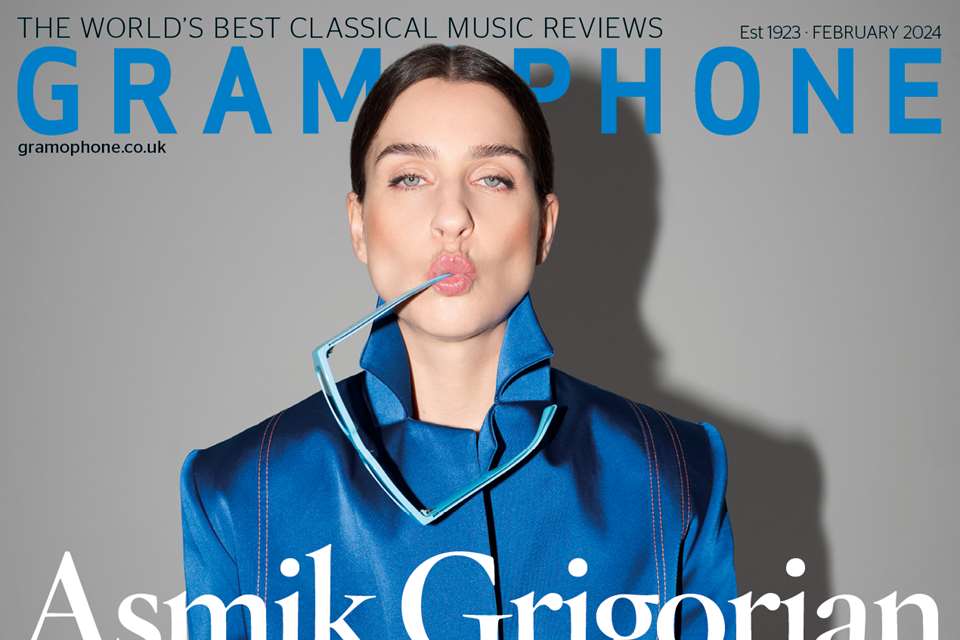Puccini: Turandot at Vienna State Opera | Live Review
Mark Pullinger
Tuesday, January 30, 2024
‘Grigorian astonished. There was serious blade to ‘In questa reggia’, without bludgeoning the ear, and her high notes glistened’
Register now to continue reading
This article is from Opera Now. Register today to enjoy our dedicated coverage of the world of opera, including:
- Free access to 3 subscriber-only articles per month
- Unlimited access to Opera Now's news pages
- Monthly newsletter








